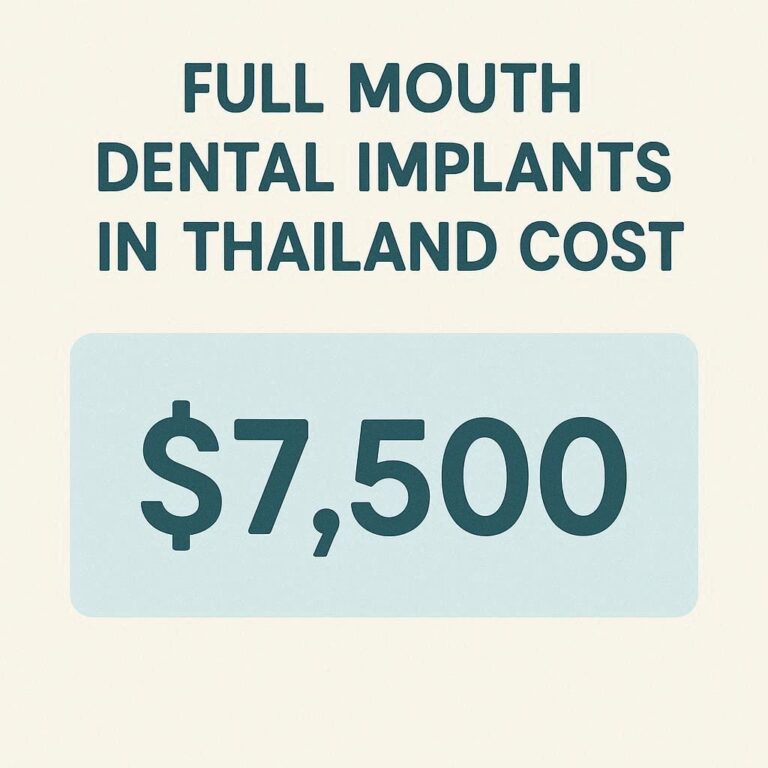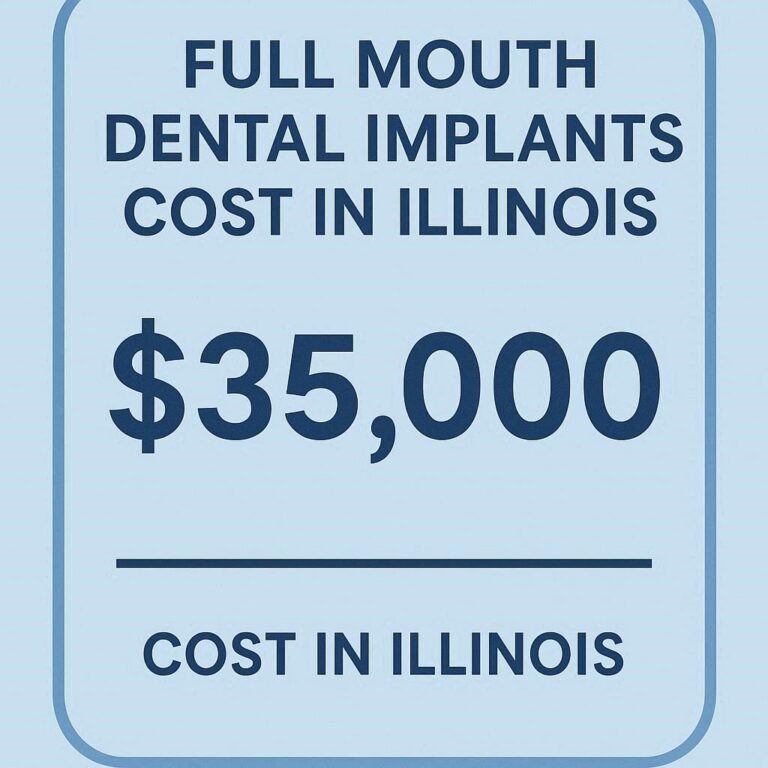Dental Implant Cost on the NHS
Dental implants have revolutionized the field of dentistry, offering a permanent solution for missing teeth that looks, feels, and functions like natural teeth. However, the cost of dental implants can be a significant barrier for many people. In the UK, the National Health Service (NHS) provides dental care, but the availability and cost of dental implants on the NHS can be confusing. This article aims to provide a comprehensive guide to dental implant costs on the NHS, including eligibility criteria, the procedure, and alternatives. Whether you’re considering dental implants for the first time or exploring your options, this guide will help you make an informed decision.

2. Understanding Dental Implants
What Are Dental Implants?
Dental implants are artificial tooth roots made of titanium that are surgically placed into the jawbone. They provide a strong foundation for fixed or removable replacement teeth. Unlike dentures or bridges, dental implants are a long-term solution that can last a lifetime with proper care.
Types of Dental Implants
- Endosteal Implants: The most common type, placed directly into the jawbone.
- Subperiosteal Implants: Placed under the gum but above the jawbone, suitable for patients with insufficient bone height.
- Zygomatic Implants: Used in cases of severe bone loss, anchored in the cheekbone rather than the jawbone.
Benefits of Dental Implants
- Improved appearance and self-esteem
- Enhanced speech and chewing ability
- Long-lasting and durable
- Prevents bone loss in the jaw
3. Dental Implant Costs: An Overview
Factors Influencing Dental Implant Costs
- Number of Implants: The more implants needed, the higher the cost.
- Material Used: Titanium implants are standard, but zirconia implants are more expensive.
- Complexity of the Procedure: Bone grafts or sinus lifts can increase costs.
- Geographical Location: Costs vary depending on the region and the dentist’s expertise.
Average Cost of Dental Implants in the UK
- Single Implant: £1,500 – £2,500
- Full Mouth Implants: £20,000 – £30,000
4. Dental Implants on the NHS
Are Dental Implants Covered by the NHS?
Dental implants are not routinely covered by the NHS. However, they may be provided in specific cases where there is a clinical need, such as after an accident or cancer treatment.
Eligibility Criteria for NHS Dental Implants
- Patients with congenital missing teeth
- Patients who have lost teeth due to trauma or disease
- Patients who cannot wear dentures due to medical reasons
Cost of Dental Implants on the NHS
If you qualify for NHS dental implants, you will be charged under the NHS Band 3 fee, which is currently £282.80 (as of 2023). This covers the entire treatment, including consultations, surgery, and aftercare.
5. Private vs. NHS Dental Implants: A Comparison
| Aspect | NHS Dental Implants | Private Dental Implants |
|---|---|---|
| Cost | £282.80 (Band 3 fee) | £1,500 – £2,500 per implant |
| Waiting Time | Longer waiting times | Shorter waiting times |
| Eligibility | Strict criteria | Available to anyone |
| Quality of Care | Standard | High-end materials and technology |
6. The Dental Implant Procedure
Initial Consultation
- Assessment of oral health
- X-rays and 3D scans
- Discussion of treatment options
Implant Placement
- Surgical placement of the implant
- Healing period (3-6 months)
- Attachment of the abutment and crown
Recovery and Aftercare
- Pain management
- Oral hygiene practices
- Regular check-ups
7. Alternatives to Dental Implants
Dentures
- Removable prosthetic teeth
- Lower cost but less stable
Dental Bridges
- Fixed prosthetic teeth anchored to adjacent teeth
- Less invasive but may require altering healthy teeth
8. Tips for Reducing Dental Implant Costs
- Dental Insurance: Some plans cover part of the cost.
- Payment Plans: Many clinics offer installment options.
- Dental Tourism: Consider getting treatment abroad where costs are lower.
9. Frequently Asked Questions (FAQs)
Q1: Can I get dental implants on the NHS?
A: Dental implants are only available on the NHS in specific cases, such as after trauma or cancer treatment.
Q2: How long do dental implants last?
A: With proper care, dental implants can last a lifetime.
Q3: Are dental implants painful?
A: The procedure is performed under local anesthesia, so you shouldn’t feel pain. Some discomfort during recovery is normal.
Q4: What is the success rate of dental implants?
A: The success rate is over 95% when performed by a qualified dentist.
10. Conclusion
Dental implants are a life-changing solution for missing teeth, but their cost can be prohibitive. While the NHS offers limited coverage, private options provide greater flexibility and quality. By understanding the costs, eligibility criteria, and alternatives, you can make an informed decision about your dental health.


